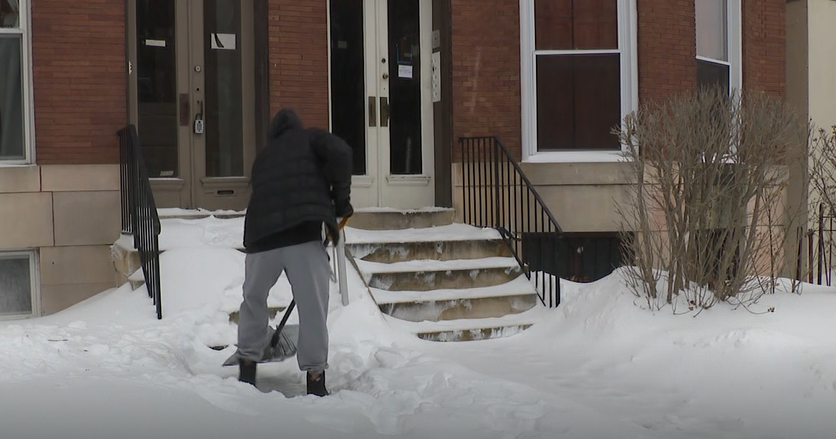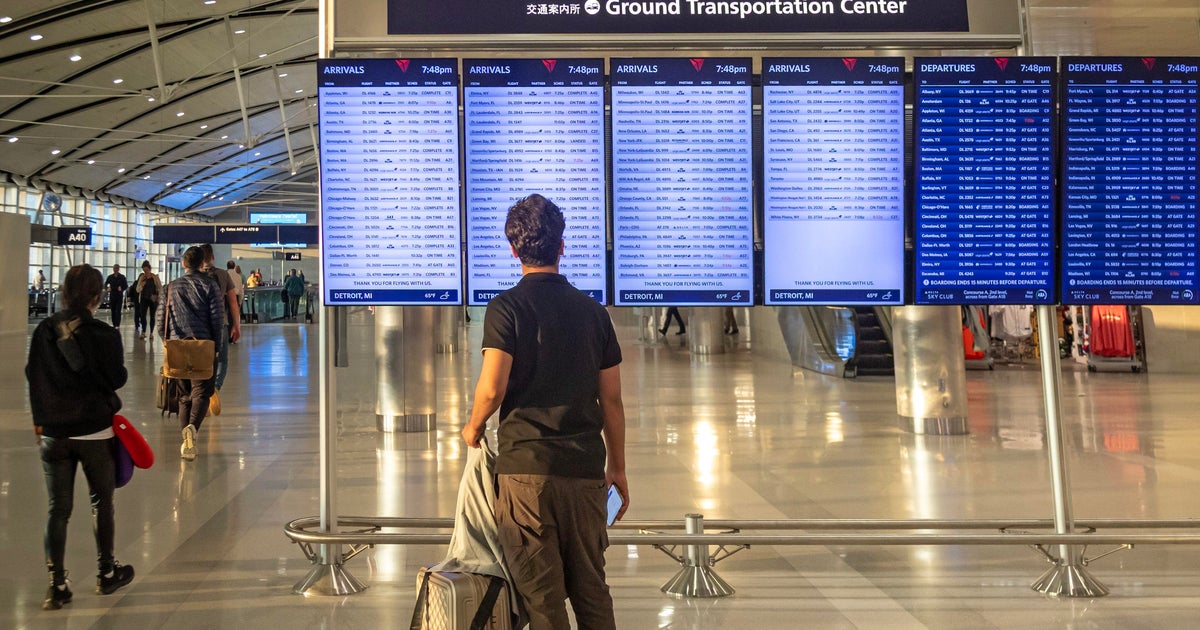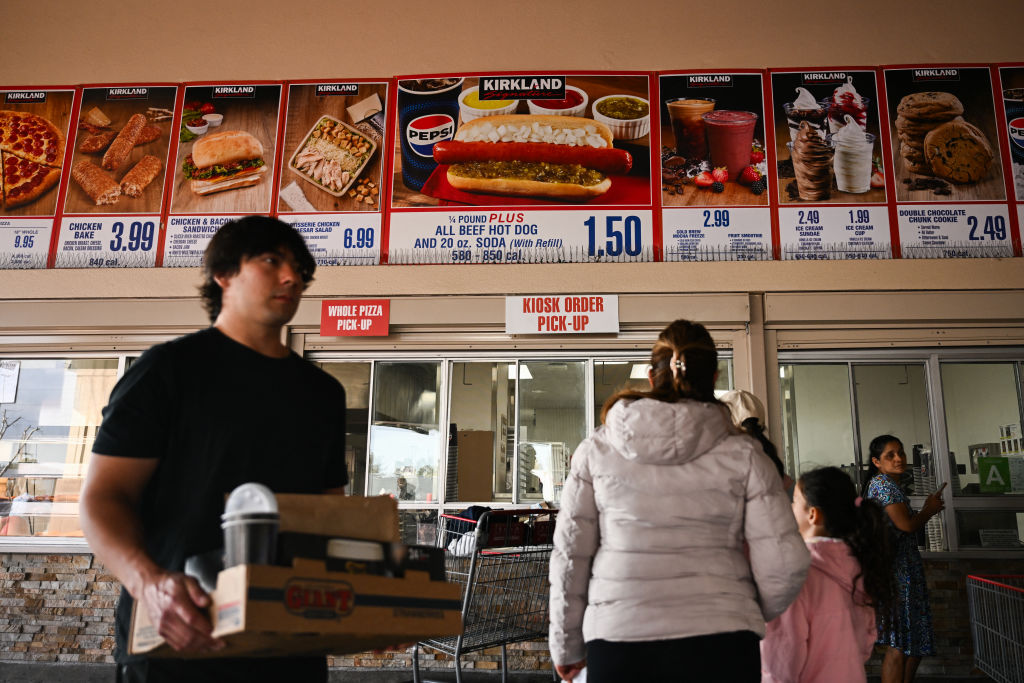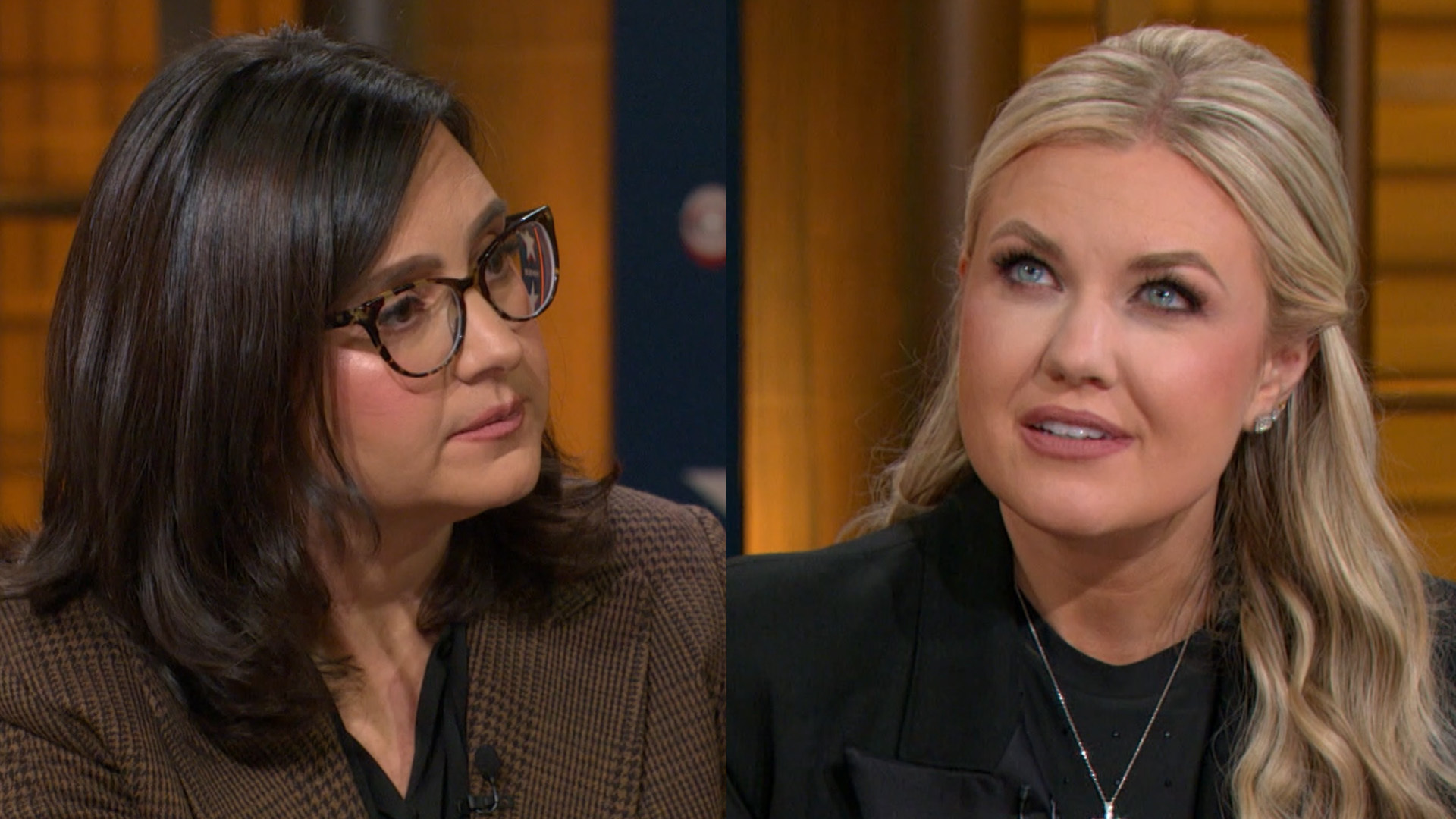5 things to know about reopening the country from Dr. Scott Gottlieb
Dr. Scott Gottlieb, the former Food and Drug Administration commissioner, co-wrote a report last month describing what steps the country should take to safely reopen the country. With over two weeks to go until the end of social distancing guidelines laid out by the White House, experts have expressed skepticism that the country will be able to reopen on May 1. We spoke to Gottlieb about the issue on the "CBS Evening News."
Here are our top takeaways from that conversation:
1. The reopening process needs to happen gradually
As governors across the country and the federal government begin to weigh options for allowing people to return to work, Gottlieb said he thinks the country is "getting ready" to reopen. "I think that we are heading toward a trajectory that we can start to contemplate potentially re-opening aspects of the country in May and into June," he said. "But it is going to be a slow process, we want to do it gradually. And we want to evaluate along the way to make sure that as we go back to work. We are not triggering a spike in new cases."
In terms of federal social distancing guidelines, Gottlieb said, " I think the social distancing steps that we're taking right now are likely to continue for at least for the first couple of weeks in May."
2. What systems need to be in place to relax restrictions?
In order for people to be able to return to work and school, Gottlieb listed three requirements to safely relax guidelines. "You want the ability to broadly test the population. The other thing you want is you want reserve capacity in the health care system so we need to make sure the health care system itself is no longer overwhelmed. And you also want the ability to do what we call contact tracing basically when you identify a positive case," he said. "That's the bread and butter, if you will, of public health work in terms of controlling an epidemic."
3. Americans will have to deal with some seasonal risk moving forward
With a vaccine between 12 and 18 months away from being widely available, we asked Gottlieb what kind of risk is acceptable for most Americans when they return to the workplace and school. "This is an infection that's going to be with us for a long time," he told us. "We're going to have to learn to live with some element of risk here, and I think we're going to face a bigger risk heading into the fall, as we go back to school as college campuses go back into session."
Gottlieb said that individuals at higher risk for a bad outcome because of age or other preexisting conditions, "you might be more prudent about those individuals and their reintroduction into work. You might say well people with these such situations, these conditions might stay at home two weeks longer than other folks."
4. How businesses should safely return employees
In dealing with that element of risk as workers return, Gottlieb said safety measures will be a "big burden" on businesses. "I think employers are going to have to look at doing things like making sure shared services are cleaned more aggressively; looking carefully at their food service or their transportation to make sure there's no conduits for spread; fever checks for employees, especially for people handling food inside- inside a workplace," he said.
"I think businesses also should look at trying to bring testing on-site at the place of employment so people who are maybe just mildly symptomatic or concerned that they may have been in contact with someone who had the virus can get easy access to testing."
5. What should businesses do when employees get sick
Moving forward, Gottlieb said that if an employee gets sick, "you're going to certainly want to identify who they were in contact with within the place of employment. It might be that if you're … having different shifts and segregating different groups of employees, your entire employer pool might not be at risk."
"One of the prudent things if your business can, divide your work pool into different shifts," he said. "Don't bring them all back in one shift. Try to maybe run your business overnight if you can do that or have different shifts over the course of the day or keep people separated within the workplace. I know a lot of businesses are thinking through these kinds of considerations. These are the things we're going to have to work through as we start to bring people back to work."





